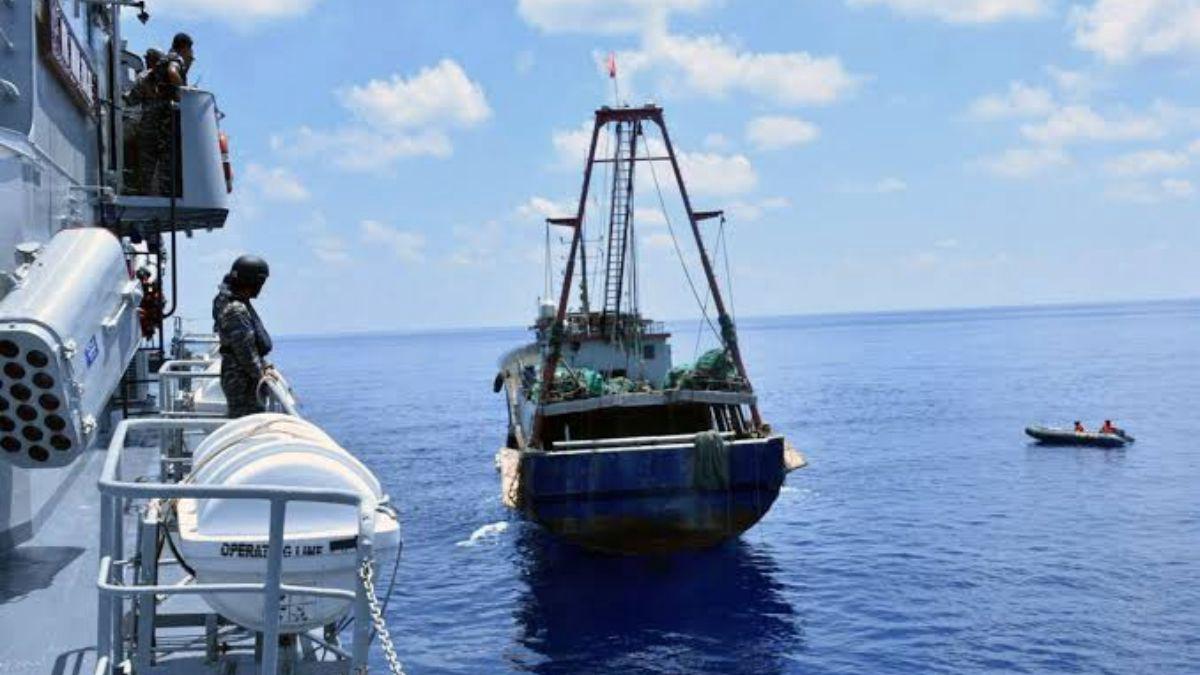The Ministry of Marine Affairs and Fisheries has called for heightened engagement from business entities, the private sector, and other institutions to support the development of Indonesia’s blue economy. Secretary General Rudy Heriyanto Adi Nugroho made the appeal on Friday, emphasizing the need for innovative financing solutions to complement state budget allocations for marine and fishery sectors.
Indonesia, the world’s largest archipelagic nation, boasts extensive marine and fishery resources with significant potential. However, Nugroho highlighted that current state budget provisions are insufficient to fully support the ambitious goals of the blue economy, which seeks to balance ecological preservation with economic growth.
“The limitations of the state budget necessitate creative, collaborative, and inclusive financial strategies to ensure sustainable blue economy practices,” Nugroho said. He stressed the importance of developing innovative funding mechanisms to harness various legal sources of finance for the marine and fishery sectors.
The Ministry is actively seeking collaboration from business entities and other stakeholders to fill the funding gaps. This push aligns with the upcoming administration’s objectives for 2025–2029, particularly its vision of achieving “2045 Golden Indonesia,” a milestone for the country’s centennial independence.
Marine Affairs and Fisheries Minister Sakti Wahyu Trenggono has already introduced five key blue economy policies to enhance ecological and economic sustainability. These policies include expanding marine conservation areas, implementing quota-based fishing measures, promoting sustainable aquaculture, improving coastal and small island monitoring, and addressing marine plastic waste through fisher participation.
By integrating private sector expertise and resources, the Ministry aims to foster a more resilient and prosperous marine economy, ensuring that Indonesia’s rich aquatic resources contribute to long-term national development.

